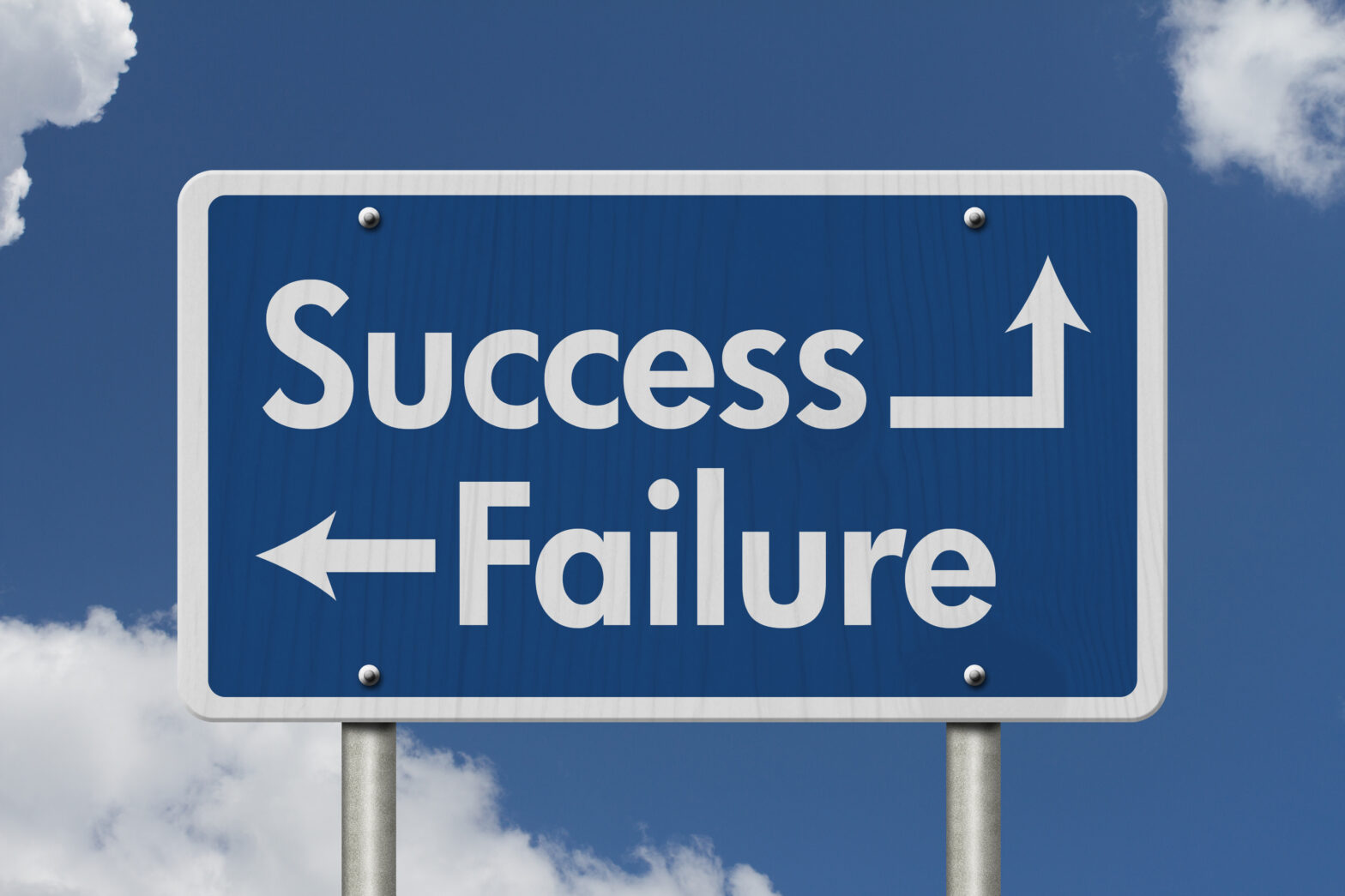As any entrepreneur can tell you when they first set-up their business, the goal is to be a success. However, they can also tell you not to expect this from the start – the reality is it can be a long hard slog.
Many of the world’s most successful people have had to endure countless setbacks, disappointments and often, complete failure before they broke through. Pioneering entrepreneur Steve Jobs, for instance, talked about failure during his commencement address at Stanford in 2005, where he emphasised the importance of failure to his success. In particular, he addressed how at age 30, he was fired from Apple, the company he co-founded.
The road to beBee was certainly one that took time, trials and error before co-founders, Juan Imaz, and I got to where we are today. Back in 1996, when the internet was still in its infancy, we took the gamble to buy 50 per cent of a company that at that time was doing web design and selling internet connections from the first Spanish ISPs (Internet Service Providers). However, despite the opportunities to maximise the internet in its early stages, the business model wasn’t viable and we had to accept that and move on.
Setbacks are common, in fact nine out of ten start-ups will see failure. So how do you ensure you’re that one success story? For those starting their own business, it is the passion and conviction in your idea which continues to drive you. One of the defining factors of successful people is the ability to spot trends early on and take advantage of them.
Applying your mistakes to create your next success
After my current business partner, Juan Imaz’s, first business venture failed to take off, he decided to try his hand at something different but still had internet technology and communications at its core. We launched MixMail.com, which was the first free web-based email service in Spain. In our interconnected world nowadays, this may seem like a no brainer, however it was a massive struggle at the start to get VC funding. There was a lot of rejection, as they felt it wasn’t the right product for the current market. Instead of taking this as failure, it made us work harder to refine the concept and back myself.
When starting a business, each of the struggles you encounter will provide a valuable lesson. It’s the ability to harness this and project it towards your new goal. A new challenge will turn that energy into something positive. Three years down the line, MixMail had amassed 5.5 million active users and was one of the first successful exits in Spain where it was sold to telecom company Jazztel.
After MixMail, we used the experience we gained to set-up Canalmail, which went on to become the first email marketing company in Spain. This was our opportunity to go back to the VC’s who had previously said ‘no’ and show them again why the business model we had in mind was a viable one. This time, Canalmail secured €3.6 million with +BINGO! 3i and TALDE (a British and a Spanish VC).
From this experience we learnt that consistency and persistence in your idea is crucial. At times, you just have to go with your gut, but do take on feedback and advice from those around you.
How to establish your business audience and brand voice
Bringing a new concept and product to market is always tough, and branding is crucial. It’s the first thing your customers encounter, and it needs to speak to them and convey what your business is about. Over the years, I’ve learnt that it’s one thing to come up with an idea – it is the refinement and ensuring it targets your relevant audience that is key to success.
After working on CanalMail for a couple of years and expanding it to Spain, Portugal and Mexico, my business partner and I wanted to try our hand with something new and continue to challenge our focus. With the rise of social networks through Facebook, Twitter and LinkedIn, we noticed that there was a gap in the market. There wasn’t a place for people to form connections based on professional and personal interests. Why not create an affinity-based network? From there the concept of beBee was born.
When we first came up with beBee, we hadn’t established our brand voice – however we knew that fostering relationships through common interests would be at the heart of it. To overcome this, we decided to set-up a competition for our own internal team to best come up with a name that embodies what beBee is trying to achieve. In developing our brand voice, it was important to integrate the internal team throughout the process as they understood the essence of the brand and product best.
Small businesses are challenged in so many directions; hiring decisions, funding, business operations, office space, technology – all of which can be overwhelming. For us, growing from a team of two to 55 over the years has been a huge challenge. However, having a co-founder and a strong team behind you with the same vision makes all the difference in achieving success.
Looking back over the years, I’ve had my share of failures, mistakes and opportunities to get where I am now. Being able to look back to see what you’ve accomplished over time, despite the setbacks, will provide you with the inspiration you need to try even harder and take bigger risks. From each experience, you learn, grow and develop and they all become the stepping stones towards your future.
Javier Cámara is co-founder of beBee.





